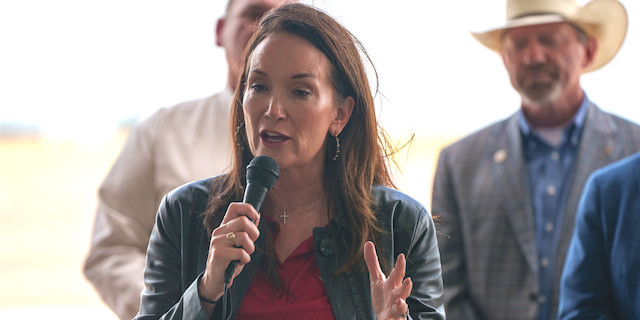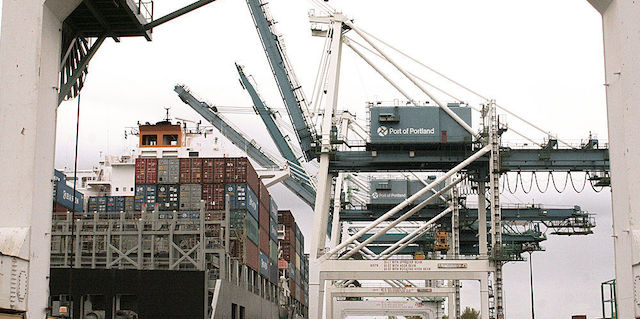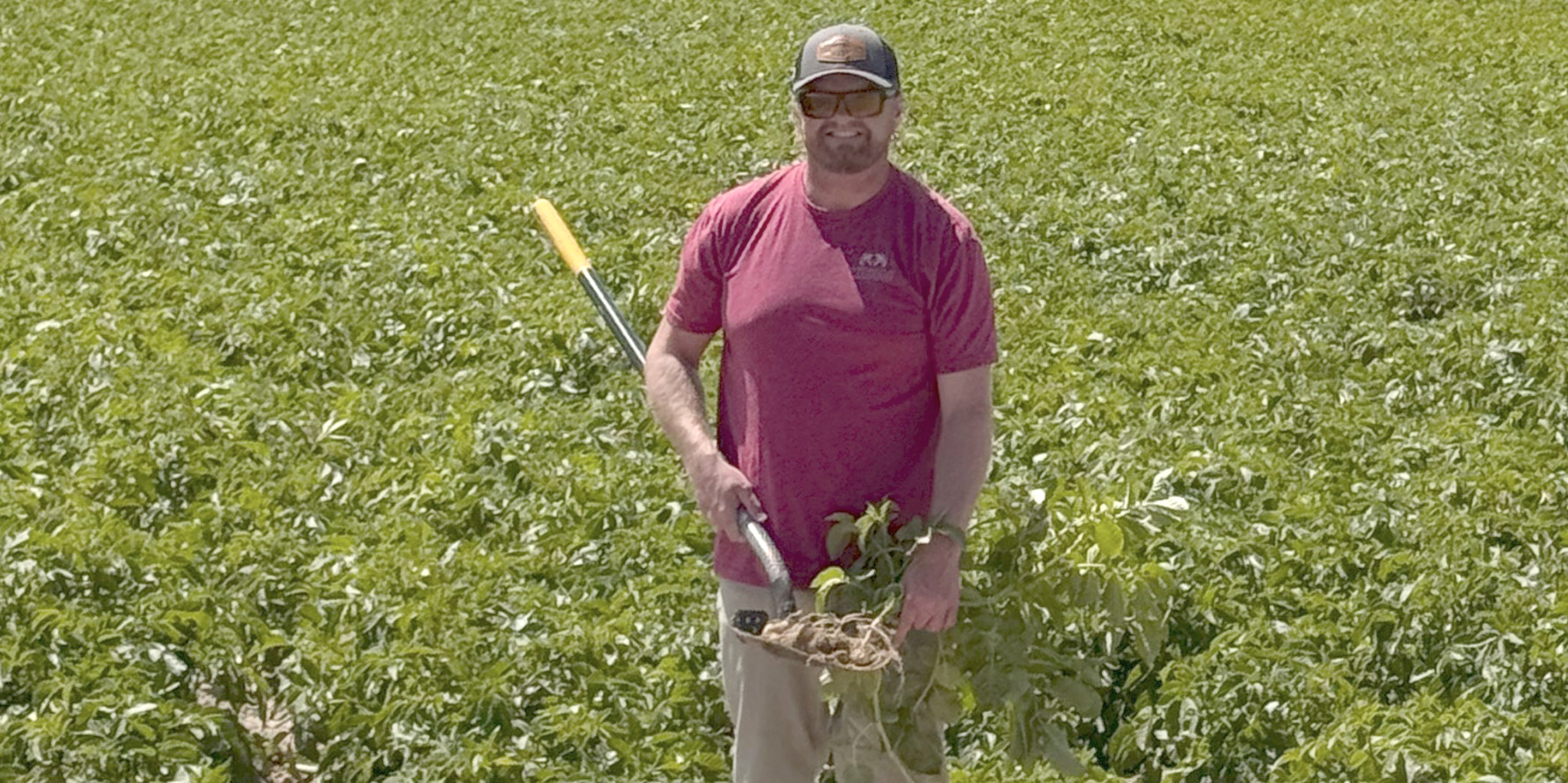Legal battle brewing over Oregon urban growth boundary ballot initiative
Published 4:45 am Monday, March 18, 2024

- North Plains Map
A legal battle over citizen participation in Oregon’s land use system is brewing due to the urban growth boundary expansion of the City of North Plains.
Last year, city officials voted to double the town’s size by adding 855 acres of developable land to the boundary, spurring opponents to collect enough signatures for a ballot initiative to overturn that decision.
However, lawmakers have since passed a bill prohibiting UGB expansions from being referred to voters, not only in North Plains but across the state.
Supporters of House Bill 4026, which passed the House and Senate with broad bipartisan majorities, claim such referenda would amount to “ballot box planning” that throws the state’s land use system into disarray.
“Our land use process must be predictable. It’s based on predictability, and without it, cities really can’t plan,” testified Dave Hunnicutt, president of the Oregon Property Owners Association.
Critics of HB 4026 argue the expansion in North Plains warrants a ballot initiative because it’s an extreme case, with city officials ignoring public input against industrialization and farmland loss.
It’s unlikely other UGB expansions would give rise to enough opposition to get a referendum on the ballot, as evidenced by the lack of such initiatives in the past, according to critics.
“Bringing a referendum to voters is a very difficult process — not one that’s likely to be used in lesser cases,” said Aaron Nichols, who grows vegetables near North Plains, during a legislative hearing.
“We chose a referendum as a last resort and found the process intentionally difficult and time-consuming,” he said. “It’s not an option we’d recommend to other groups and definitely not one we’d used again unless under dire circumstances.”
With HB 4026’s passage, city officials in North Plains recently voted to withdraw the ballot initiative, which was scheduled to be decided during the May 21 election.
City officials unanimously approved scrapping the referendum even though they did not believe it would have legal force, saying the election could lead to confusion among voters.
However, that decision is unlikely to end the controversy, as Friends of North Plains Smart Growth — a group that opposes the UGB expansion — is planning a lawsuit challenging the legality of HB 4026.
The organization plans to argue such ballot initiatives are a constitutional right that lawmakers cannot prohibit without amending the state constitution itself.
It also claims lawmakers violated the constitutional separation of powers between the branches of state government by usurping the role of courts in determining whether a matter can be decided by referendum.
Opponents of the North Plains expansion and HB 4026 claim the alleged hazards of such referenda have been greatly overstated, as they can’t be used to micromanage zoning or other administrative matters.
“A referendum simply invalidates the current plan and invites the city to work with community members to create a new one,” said Nellie McAdams, board president of the 1,000 Friends of Oregon farmland preservation nonprofit.
Few UGB expansions would be egregious enough to provoke ballot initiatives, McAdams said.
Sometimes, though, local governments refuse to listen to the public when making land use decisions, which is why such referenda should be allowed, said Peter Kenagy, who farms in Benton County.
“In those cases, it’s imperative that citizens have a fallback option,” Kenagy said.
However, supporters of HB 4026 say the bill doesn’t silence anyone.
Objections to UGB expansions can already be heard through other legal processes, such as the state’s Land Use Board of Appeals and Court of Appeals, according to bill supporters.
“This bill does not shortchange people’s ability to say what they want,” said Hunnicutt of OPOA. “They just need to say that through the traditional process for UGB amendments.”







